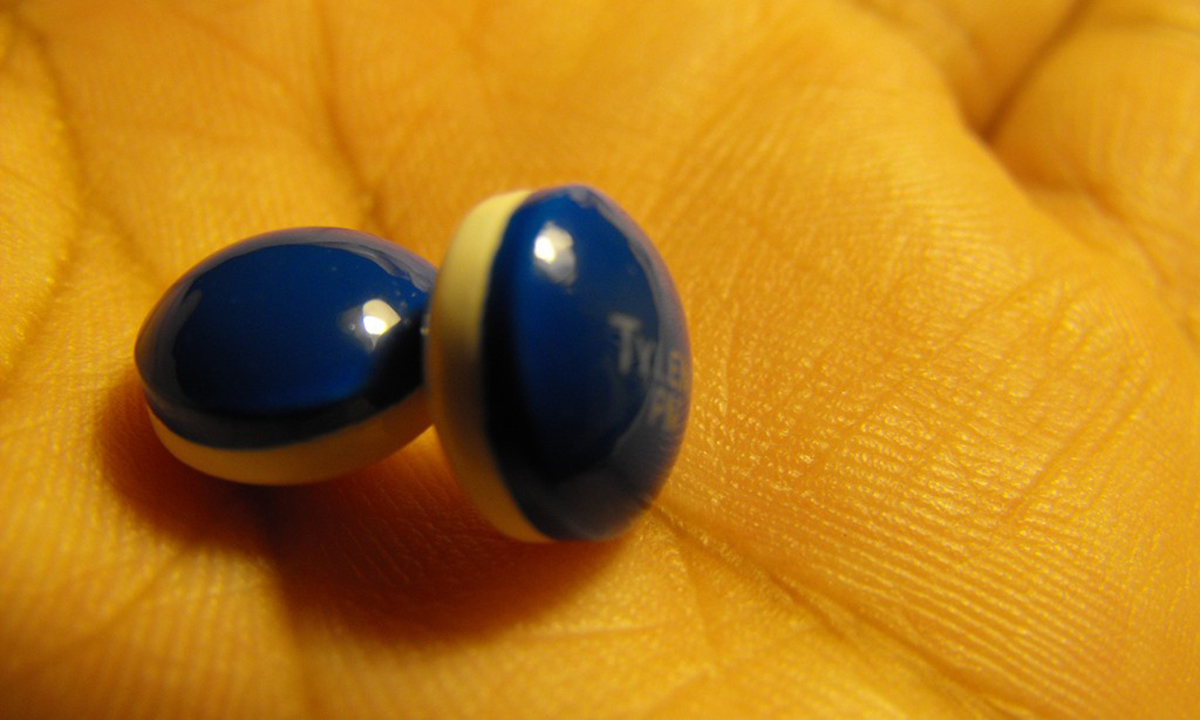Table of Contents
Kidney damage from the combination of alcohol and acetaminophen, researchers tell us, is greatest in older adults, males, Hispanics, Blacks, and people who have conditions that affect the kidneys, such as diabetes or high blood pressure. The simplest way to avoid problems with acetaminophen poisoning, of course, is not to take it. Aspirin, after all, is an even more inexpensive and approximately equally effective pain reliever.

Certain prescription anticoagulants (blood thinners) such as the relatively new product Brilinta (ticagrelor) are incompatible with Aspirin. And sometimes acetaminophen is all that is available.
As a general rule:
- If you are an alcoholic, just don't take acetaminophen (Anacin, Tylenol, Robitussin, and many other products listed above).
- If you take more than one extra-strength Tylenol, don't drink alcohol for 24 hours. The greatest danger comes from drinking alcohol after taking acetaminophen, rather from drinking alcohol before taking acetaminophen.
- And if you drink every day, don't take pain relievers that contain acetaminophen. The combination may not cause acute kidney or liver failure, but it can contribute to the slow development of kidney or liver disease.
If you are going to take acetaminophen, back off on the alcohol. Don't give your liver too much to do, so it does not send unprocessed acetaminophen to your kidneys. And give your kidneys extra protection with the over the counter product N-acetyl-cysteine.
N-acetyl-cysteine is a treatment doctors use for kidney damage caused by Tylenol and similar acetaminophen containing medications. It's never a good idea to try to treat what you believe may be kidney damage on your own. If you experience:
- Nausea, vomiting, and loss of appetite 30 minutes to 24 hours after taking acetaminophen.
- Fatigue, pale skin, and sweating in the first 24 hours after taking acetaminophen.
- Racing heart beat, dizziness when moving from a seated position to standing, and pain or tenderness on the right side of the abdomen any time after taking acetaminophen, and especially,
- Decreased urination the day after taking acetaminophen.
See Also: Tylenol Found Unsafe for Women During Pregnancy
However, if you have not yet experienced these symptoms, and you are using acetaminophen, consider adding 500 to 1000 mg of N-acetylcysteine to your daily supplement routine is a good idea. This over the counter antioxidant protects both kidney and nerve tissue from the effects of acetaminophen and other toxins that the liver may fail to process.
Don't use N-acetylcysteine without consulting your doctor if you take nitrates (you wear a nitroglycerin patch, or you take the medications isosorbide mononitrate, Imso, or Imdur). The combination of N-acetyl-cysteine and the medication for your coronary artery disease may result in unusually low blood pressure.
- Osterweil N. Acetaminophen and Alcohol May Be Nephrotoxic. Medscape News Conference News. 15 November 2013.
- Mindmap by steadyhealth.com
- Photo courtesy of razorray15 by Flickr : www.flickr.com/photos/36714668@N02/4597447865


Your thoughts on this